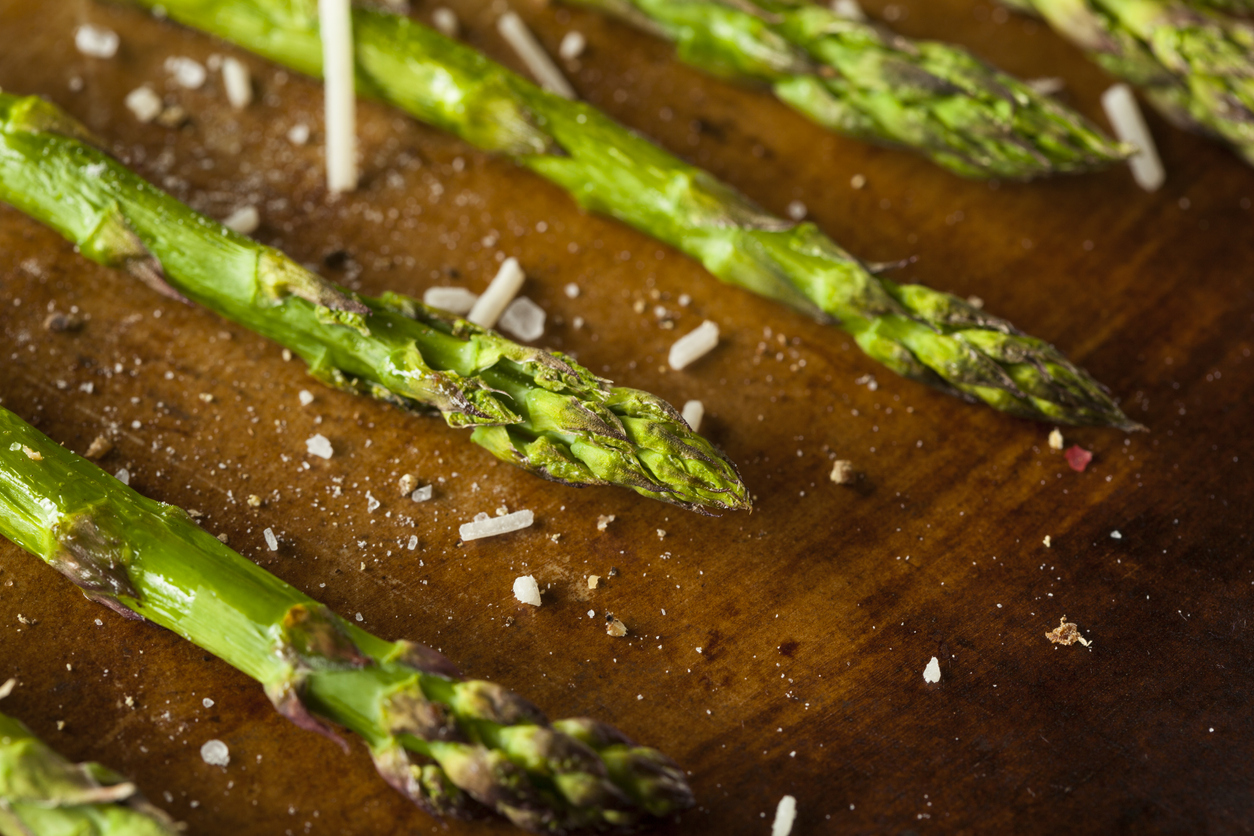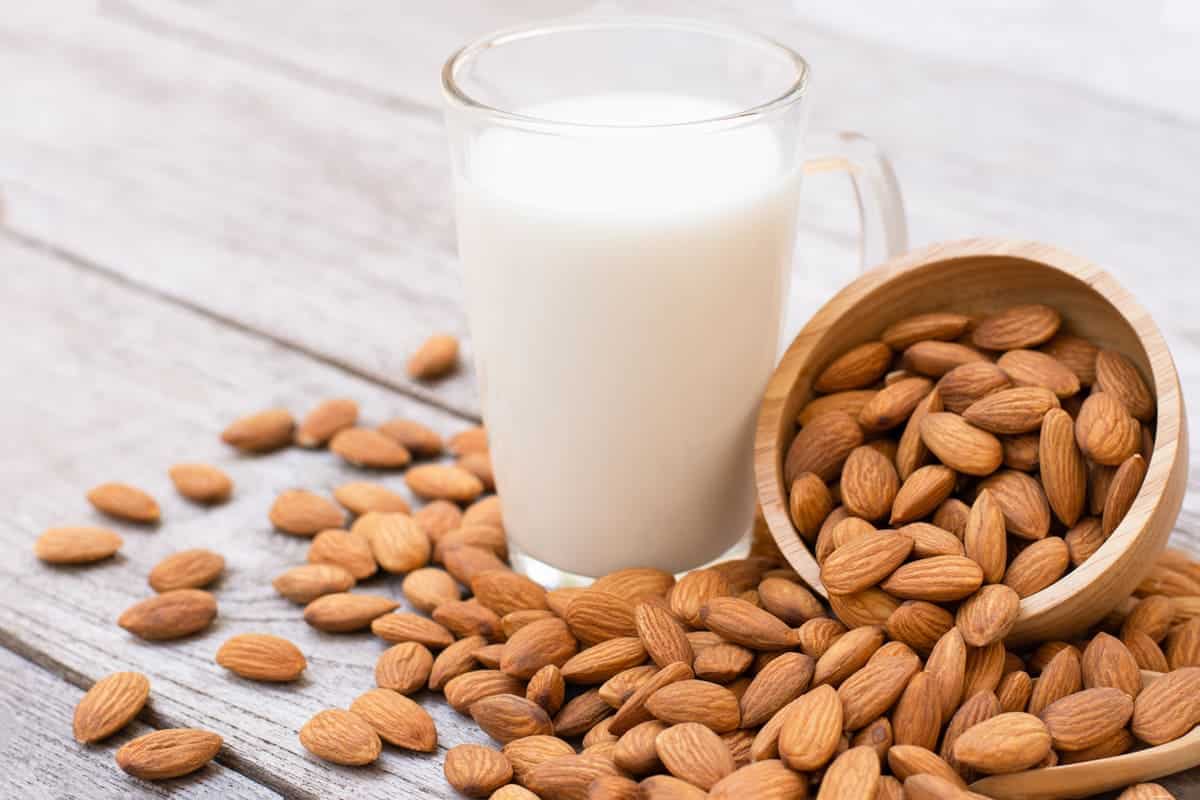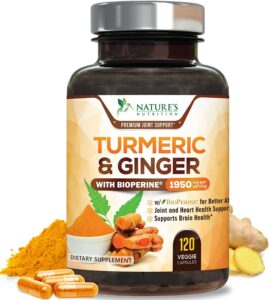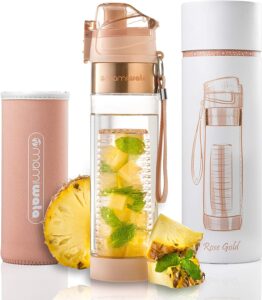Some people consider the descriptive name “leaky gut” to be amusing. However, a leaky gut is anything but funny to those who suffer from it.
Also known as increased intestinal permeability, leaky gut is a condition where the naturally tight joints or gaps in your intestinal walls begin to loosen.
Usually, these gaps only allow nutrients and water to pass into your bloodstream. Once loosened, substances that typically stay within the gut – bacteria, toxins, and undigested food particles – can pass through the gaps. It doesn’t sound very pleasant, and it isn’t.
Healthcare professionals disagree on whether a leaky gut is a thing. Mainstream medical practitioners consider leaky gut a symptom of autoimmune diseases such as Crohn’s and lupus, and the Cleveland Clinic refers to it as a hypothetical condition.
On the other hand, alternative and integrated medicine practitioners argue that leaky gut is a disease that serves as the underlying cause of bodily inflammation and various autoimmune conditions.
Whichever camp is correct, those who suffer from leaky gut will tell you that the condition is uncomfortable at best, painful at worst, and interferes with their daily quality of life.
Signs You May Have Leaky Gut

The Foundation for Integrated Medicine lists the following 10 symptoms as common signs that you may have a leaky gut:
- Chronic diarrhea, gas, constipation, or bloating
- Headaches, memory loss, brain fog
- Nutritional deficiencies
- Cravings for carbs or sugar
- Skin rashes and chronic acne, eczema, or rosacea in adults
- Excessive fatigue
- Arthritis or joint pain
- Depression, anxiety, ADD, ADHD
- Poor immune system
- Autoimmune diseases (lupus, rheumatoid arthritis, Crohn’s, or celiac disease)
The Cleveland Clinic lists the following as symptoms of a breached intestinal barrier, their term for what others refer to as leaky gut:
- A burning feeling of ulceration in your gut
- Painful indigestion from the loss of intestinal mucosa
- Diarrhea
- Gas and bloating from fermentation by overgrown bacteria in your gut
- Low energy from the reduced ability to draw power from your food
- Gastrointestinal mucositis from radiation therapy
Several inflammatory and autoimmune diseases that affect the digestive system, such as inflammatory bowel disease (IBD) and celiac disease, are associated with intestinal permeability. These diseases cause chronic intestinal inflammation, leading to erosion of the intestinal barrier over time.
Some healthcare providers think certain diseases are an inflammatory response to toxins leaking into your bloodstream and, thus, could be partially caused by a leaky gut. These include metabolic disorders such as diabetes, chronic fatigue syndrome, fibromyalgia, and arthritis.
Top 10 Home Remedies for Leaky Gut

There are no FDA-approved treatments specifically for leaky gut. There is also no standard diagnostic test to measure intestinal permeability, which is one reason why leaky gut is not currently an available diagnosis in mainstream medicine.
Many sufferers choose to manage the condition through a series of home remedies. These primarily involve consuming more or less of certain foods and nutrients.
1. Drink Plenty of Water
Dehydration can slow down digestion and increase gut inflammation. Always make sure you drink plenty of water.
How much water? The traditional rule of thumb is at least eight glasses a day. More recent recommendations set the minimum at one-half ounce of water per day (up to a full ounce per day) per pound of body weight.
In other words, someone weighing 150 pounds should consume between 75-150 ounces of water daily, depending on factors such as physical exertion and the temperature of their environment.
2. Consume Probiotics
Probiotics help maintain gut health by preventing the overgrowth of harmful bacteria, particularly in your small intestine. Some of the best food sources of probiotics are yogurt, kefir, sauerkraut, kimchi, tempeh, pickles, buttermilk, and kombucha.
Probiotics are also available as over-the-counter nutritional supplements that you can buy at pharmacies, health food stores, groceries, department stores, and online.
3. Consume Prebiotic Foods

Prebiotics feed the good bacteria in your gut. They are primarily made of plant fibers (mother was right about eating those vegetables!).
Some of the best food sources of prebiotics include garlic, asparagus, dandelion greens, bananas, and oats.
4. Eat a Balanced Diet
A balanced diet is considered a natural remedy for all sorts of ills, including leaky gut. Ensure you get all the necessary macronutrients (vitamins) and micronutrients (minerals) to help fortify your intestinal region.
Vitamin D and an amino acid called L-glutamine are thought to be particularly beneficial for repairing and maintaining the gut lining.
5. Increase Fiber and Reduce Fat and Sugar
Increase your intake of high-fiber foods such as corn, carrots, oranges, broccoli, and beans. The soluble fiber found in vegetables, legumes, and fruit supports beneficial bacteria in the gut.
Fats and sugars encourage the wrong kinds of gut bacteria, and they can also trigger the release of dietary emulsifiers to inflame the gut.
6. Consider a FODMAP Diet

In balancing their diets, many people with leaky gut focus on foods with a low FODMAP rating. FODMAP stands for “fermentable oligosaccharides, disaccharides, monosaccharides, and polyols.” That’s a mouthful (no pun intended) and refers to certain types of sugars and carbohydrates that the gut has problems absorbing.
Because it is so restrictive, some people with gastrointestinal issues will rotate on and off a FODMAP diet to give their system a rest instead of staying on it permanently.
Those following the FODMAP diet must avoid foods that commonly cause food allergies and sensitivities in humans, including:
- Dairy-based milk, ice cream, and yogurt
- Wheat-based cereals, bread, crackers, and similar foods
- Beans and lentils
- Some vegetables, such as artichokes and onions
- Some fruits, such as apples, pears, peaches, and cherries
Instead, the FODMAP diet encourages the consumption of the following foods:
- Meat and eggs
- Certain cheeses, such as cheddar, feta, and brie
- Almond milk
- Grains like oats, quinoa, and rice
- Some vegetables, such as tomatoes, potatoes, cucumbers, zucchini, and eggplant
- Some fruits, such as grapes, strawberries, blueberries, pineapple, and oranges
FODMAP diets give your gut a rest while helping you determine what foods may be your particular triggers of symptoms like diarrhea and bloating.
7. Eat More Turmeric
Turmeric is the spice that gives curry its yellow color. Used in India for centuries as a spice and medicinal herb, turmeric is a natural astringent, anti-inflammatory, and anti-microbial.
Turmeric is thought to help contract bowel lining proteins and reduce permeability. It has been called a “medicine chest in a jar” for leaky gut symptoms.
Use turmeric in your cooking or consume it as a supplement. Purchase turmeric supplements over the counter from pharmacies, health food stores, and other vitamins and dietary supplement vendors.
8. Reduce Alcohol Intake
According to a study undertaken in 2014, a significant intake of alcoholic beverages may increase gut permeability.
9. Reduce the Use of NSAIDs
NSAIDs, or non-steroid anti-inflammatory drugs, are known to trigger in people with sensitive gastrointestinal systems and certain conditions, such as intestinal permeability. NSAIDs include aspirin, ibuprofen (Advil), and naproxen (Aleve).
10. Work on That Stress

Researchers at three universities around the world jointly released a study in 2017 that showed a connection between stress and the proliferation of harmful gut bacteria.
Get Better Gut Healt


Read Next:
Gut Check: How to Increase Beneficial Bacteria
Detox Your Body and Get a Flatter Stomach with the Mayr Diet







